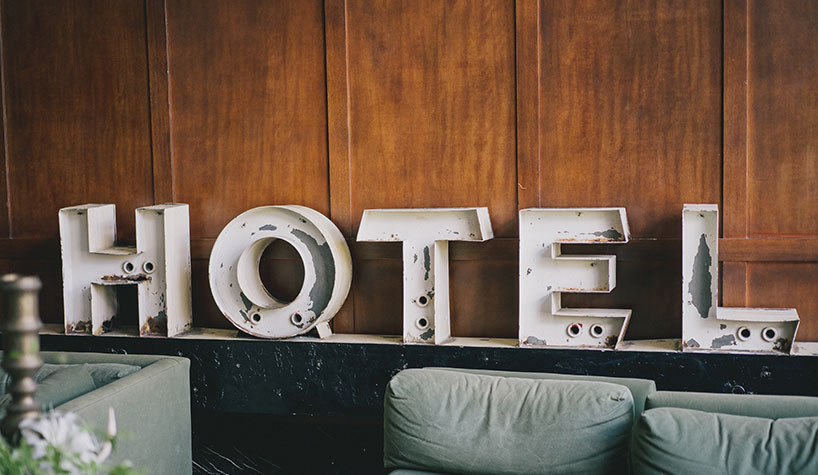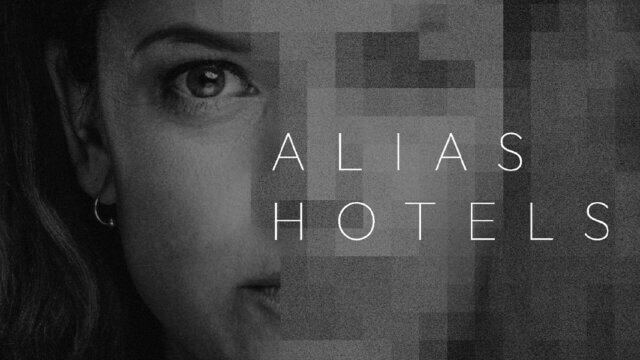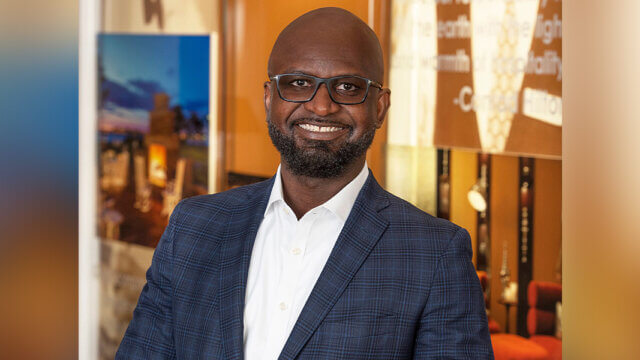NATIONAL REPORT—Is your hotel autism-friendly? For children and adults living with Autism Spectrum Disorder (ASD), the act of travel can be a difficult experience due to changes in routine, unfamiliar noises and new environments.
Autism Double-Checked is set to introduce a training program for the travel and hospitality industry to ensure all staff are able to meet the needs of these travelers.

“This started from a discussion about the provision of help for special needs children,” said Alan Day, founder/CEO, Autism Double-Checked. “Since both David Tait [co-founder] and I are career travel professionals and since we each have a special needs child, we came to this question: How does the travel industry stack up on this? The answer was low, and we decided to do something to help the hospitality industry be more inclusive.”
It is estimated that one in 59 children had a diagnosis of Autism Spectrum Disorder (ASD) by age eight in 2014, a 15% increase over 2012, according to the Centers for Disease Control and Prevention (CDC). While awareness it critical, it is also important to know how to best serve this population.
“Unlike other areas of compliance for the Americans with Disabilities Act, autism has no need of ramps or specially adapted bathrooms,” said Day. “Rather, what is needed is a knowledge of what autism is and why it can make travel difficult. We could see that this knowledge wasn’t there and that there was no existing mechanism for providing it.”
The organization’s goals are twofold. First, it is to make travel accessible to the autism community, which is an estimated 10 million in the U.S. alone. Second is outreach to the travel industry—hotels and resorts, airlines, cruise lines, visitor attractions and other providers—to raise awareness of the benefit of autism readiness. “We want to show them how they can do this without it being a major cost imposition,” he said.
The founders have tapped into leading experts in the autism community, such as Brenda Smith Myles, an author and co-director of a graduate program on Asperger Syndrome and autism; Carol Gray, an educator and originator of Social Stories, a social learning tool; and Jennifer Ryan, coordinator of Wings for Autism, a practice airline boarding program.
Through training, hotel teams can raise their service levels to meet the needs of people with autism. Autism Double-Checked offers two types of training. There’s an overview and there’s a deep dive that is job-specific. Training is online and available 24/7 on any device. It is configured to remember where a team member left off in the training program.
“Neither is onerous,” said Day. “All of our training is built so that it is suited for any educational background. It’s also ongoing and supported with marketing materials and communications directed to the autism community. In short, it is set up to take minimal time away from other revenue-producing activity. Hotel companies can start by calling or emailing us. We are very approachable.”
Day would like the industry to know two specific things about autism: “First, autistic people have a general preference for avoiding crowds. This means a general preference for slower dates, times and seasons. Is yield-management listening to this? Secondly, autism is characterized by repetitive behaviors. That makes them the very best group in which to look for repeat business,” he said. “They are a very loyal audience who are happy to spread the word about autism-ready hospitality entities to their community.”
A property that is trained to serve and support travelers with autism can reap the benefits of this untapped market. “The vast majority of them are not currently traveling because there are very few autism-inclusive offerings. Early mover advantage is still available as a huge benefit to those who have the insight to grab it,” he said. “For the guests, the difference between a place that ‘gets it’ and one that doesn’t is the difference between traveling and not. It’s good for business in increasing its customer audience and rewarding for employees who feel that their hotel or business cares about them and their continuing service training.”




